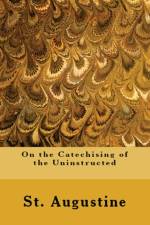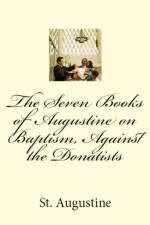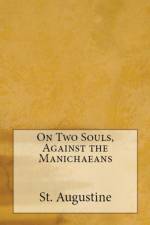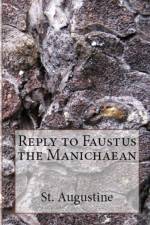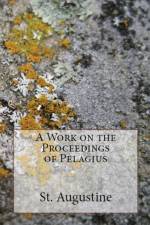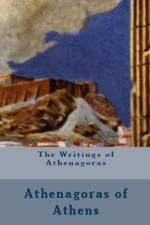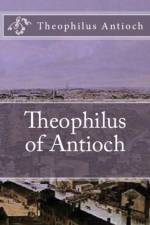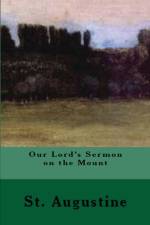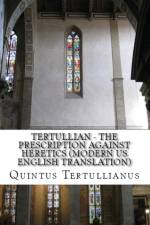von St Augustine
9,98 €
My prayer to the one true, almighty God, of whom, and through whom, and in whom are all things, has been, and is now, that in opposing and refuting the heresy of you Manichæans, as you may after all be heretics more from thoughtlessness than from malice, He would give me a mind calm and composed, and aiming at your recovery rather than at your discomfiture. For while the Lord, by His servants, overthrows the kingdoms of error, His will concerning erring men, as far as they are men, is that they should be amended rather than destroyed. And in every case where, previous to the final judgment, God inflicts punishment, whether through the wicked or the righteous, whether through the unintelligent or through the intelligent, whether in secret or openly, we must believe that the designed effect is the healing of men, and not their ruin; while there is a preparation for the final doom in the case of those who reject the means of recovery. Thus, as the universe contains some things which serve for bodily punishment, as fire, poison, disease, and the rest, and other things, in which the mind is punished, not by bodily distress, but by the entanglements of its own passions, such as loss, exile, bereavement, reproach, and the like; while other things, again, without tormenting are fitted to comfort and soothe the languishing, as, for example, consolations, exhortations, discussions, and such things; in all these the supreme justice of God makes use sometimes even of wicked men, acting in ignorance, and sometimes of good men, acting intelligently.


